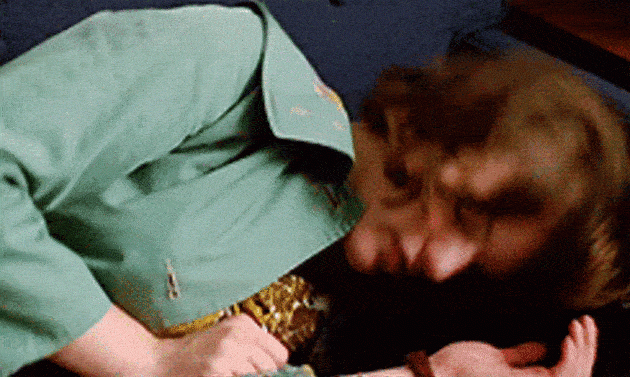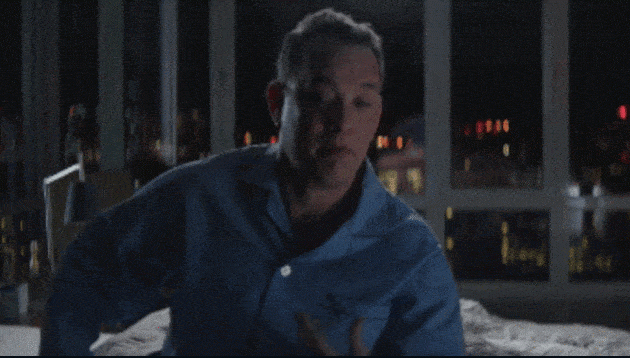For many, morning is a time that the body painfully experiences, hoping to wake up as soon as possible. And when planning our day, we often forget about those few hours in the morning, which can also be used usefully.
The average life expectancy of a person is about 70 years. Add another 5-10 years (after all, we eat right and read a Life Hacker) and get 75 years. Multiplying this number by 365, we get about 20,000 — the number of morning hours that we often waste.
I hope you've thought about how to fix it. And there is a solution. Of course, you can drink coffee in the morning, get up an hour earlier, but you know all this without us, and we will try to think of more interesting tips in order to make the morning and day more effective.
If you feel that your brain works best in the morning, then why not devote this time to tasks that need the strongest brainstorming?
For example, I try to write articles in the morning, because it is at this time that I feel the rise of creativity. I devote time to messages, emails and calls at lunch, because they do not require a lot of brain activity. And in the evening I try to go to the gym and do sports, thus distributing all my worries from the most exhausting (from a mental point of view) to the simplest.

If you know that you have a hard day ahead of you tomorrow, don't be lazy to spend 15-20 minutes making a list of tasks and small notes for the next day. You can do this before going to bed, but remember that some things are better not to do before going to bed.
Sounds simple. But who does it? Nobody. Learning to forget about mail before noon takes a lot of time, but it's worth it. Understand that all emails, with rare exceptions, can wait for several hours. No one will write you a letter while in danger or dealing with life and death. So, leave the mail alone and don't worry about it until the day comes. Use your morning for the most important tasks.
Or on the next table. Or in another universe. Anywhere but around when you're working. This will allow you not to be distracted by Facebook*, Twitter and other anti-worker stuff. As soon as you do this, you will immediately see an increase in efficiency in your work. Although you will also see fewer news and tweets. It's up to you to decide what's more important.
Can you concentrate on something on a hot day or in a stuffy office? It's unlikely, so it's worth keeping your workplace cool. This will make it easier to concentrate on work and sweat less. Or do you like to sweat?
It doesn't have to be a complex set of exercises. The fact is that, for vital activity and for work in particular, the brain needs oxygen. But when you sit in one position for a long time, the chest contracts, and the diaphragm begins to put pressure on the lungs. This makes breathing difficult and reduces the amount of oxygen entering the brain.
Even the fact that you just get up and walk will have a positive effect on the body and, as a result, on work efficiency.

A little tip: put a roller between the lower back and the back of the chair. It will support your back and prevent it from rounding off.
As you know, the more often you eat, the better. Therefore, do not forget about breakfast, lunch and small snacks. The 15 minutes of time you spend eating will more than pay off with health and well-being.
For me it's a glass of water on an empty stomach in the morning. For someone, it may be 10 minutes of meditation or a morning conversation with a loved one. Just add a little ritual to your life that will signal to your brain that now is the time to get into working mode and start doing tasks.
As a rule, few people achieve success in one day. Just like few people ruin their lives in one day. Both in the first and in the second case, the main thing is repetitive actions. It doesn't matter if they are good or bad. Most ineffective behaviors consist of bad habits. An hour of useless pastime on Facebook* is here. Unproductive morning there. Etc.
Take Jack Lalaine, for example. Every morning he woke up at four in the morning and studied in the gym for an hour and a half. After that, he swam or ran for half an hour. For more than 60 years, he did the same thing every morning. The fact that he is one of the most influential people in fitness suggests that Lalaine knew what he was doing. Besides, he lived 96 years.
It's not a coincidence. What you do every morning is an indicator of how you will spend the next day. It's a choice that we make every day and that determines how we live. You have 20,000 morning hours. What are you going to do with each of them?
Instagram Facebook and social networks owned by Meta Platforms Inc. are prohibited from operating in the territory of the Russian Federation.*